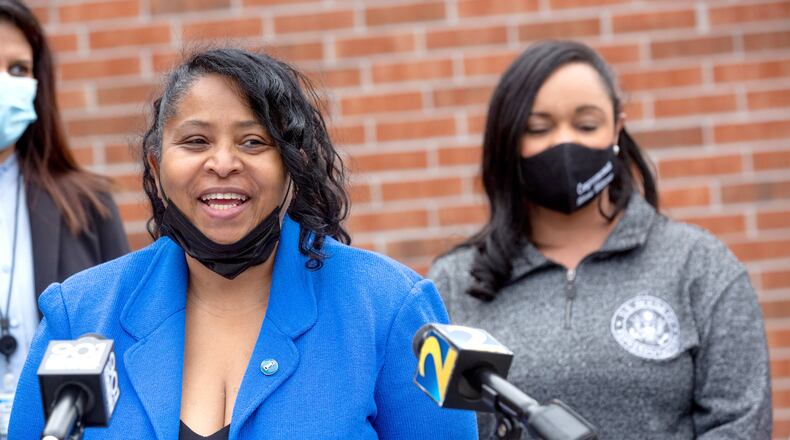The Atlanta City Council plans to take action to reduce the hundreds of vacancies across its volunteer boards and commissions.
The discussion during a recent council committee meeting comes weeks after an Atlanta Journal-Constitution article showed nearly 500 positions on the city’s 123 boards, commissions and task forces sit unfilled. That’s over one-third of all positions, an analysis found.
The groups missing appointments span essential government bodies like the Zoning Review Board, as well as ad hoc task forces charged with providing recommendation to the city on crucial policy issues. The AJC found some of the commissions have not been able to meet because not enough people have been appointed.
The Committee on Council, which oversees issues related to council operations, included several measures aimed at filling vacancies and reducing glut among the city’s boards to its list of goals for 2022.
They include filling the open appointments that fall with the Council; sunsetting groups that are no longer necessary; exploring the reorganization or consolidation of some advisory boards and commissions; and possibly creating an incentive program for members who serve on volunteer boards.
In a presentation to the committee, Municipal Clerk Foris Webb said 37% of the 1,400 total positions are unfilled. He said that total isn’t as alarming as it may seem, in part because a higher vacancy rate is common following an election year and the start of a new term.
Credit: Screenshot/via City of Atlanta
Credit: Screenshot/via City of Atlanta
“The COVID-19 pandemic has made so many things harder, including our city’s ability to fill vacancies on our boards and commissions. I hope more people will take the time to volunteer and see these opportunities as a way to serve our city,” Councilwoman Andrea Boone said in a statement. “As chair of the Committee on Council, I’m especially interested in making sure we fill as many of these as possible.”
Responsibilities for appointments fall on elected leaders like the mayor, council president and individual councilmembers, as well as entities like Neighborhood Planning Units, local business groups or the school board.
Councilwoman Mary Norwood asked Webb to report back to the council with details on when each board last met, and how often they convene.
Logistical issues sometimes make it difficult to keep in touch with the nominees for various boards, Webb said, adding that the clerk’s office doesn’t have a designated point of contact for some of the groups.
“If there are ... entities that have not met for several years, that’s really important for us to know,” Norwood said.
About the Author
The Latest
Featured



